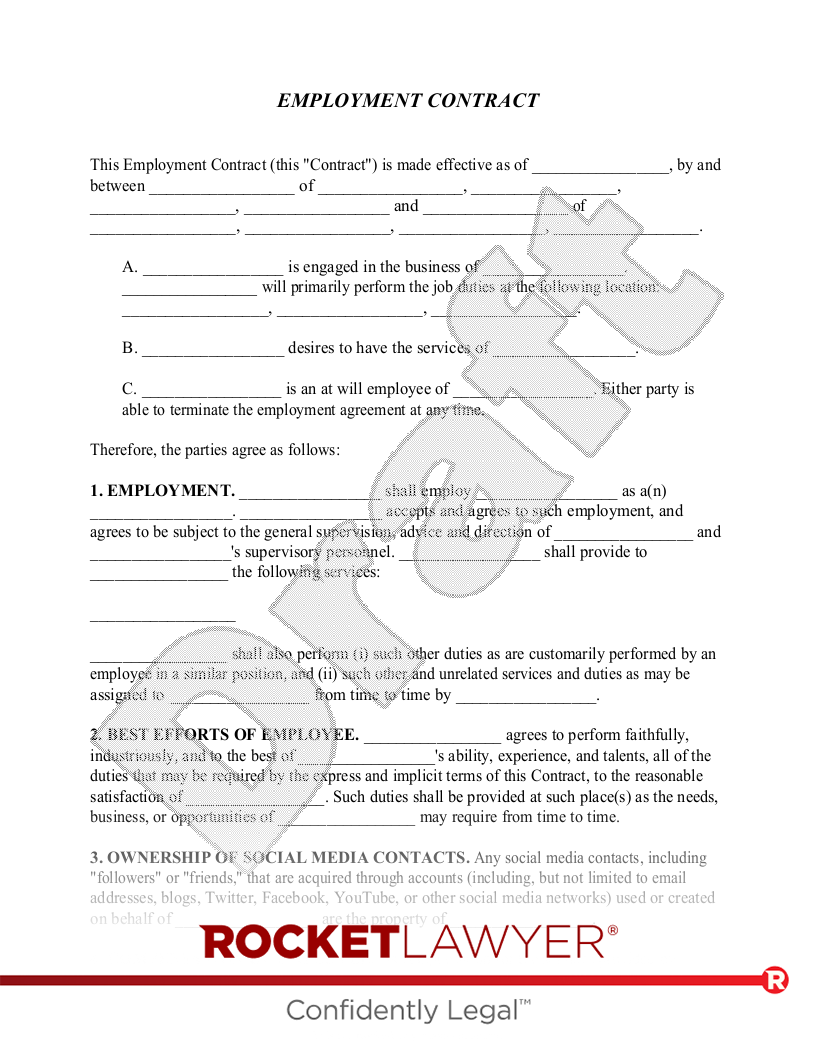What is the Equal Pay Act?
The Equal Pay Act prohibits wage discrimination on the basis of sex where jobs are performed under similar conditions and require equal skill, effort and responsibility. The law covers all types of pay such as salary, overtime pay, bonuses, stock options, profit sharing and bonus plans, life insurance, vacation and holiday pay, gas allowances, hotel accommodations, travel expenses reimbursement and benefits.
What's required of an employer?
An employer is required, by law, to provide men and women who work in the same work place equal pay for equal work. There cannot be wage discrimination between employees on the basis of sex. All employees should be treated equally and fairly. An employer treats men and women equally by placing employees in jobs in the same facility (especially if the employer has more than one location) that:
- Require equal skill
- Require equal effort
- Require equal responsibility and
- Require job duties be performed under similar working conditions
In a nutshell, the jobs given to males and females do not have to be identical but must be substantially equal. This does not mean that all employees have to be paid the same wage. Differences in pay are permitted and any difference in pay must be based on reasons other than sex or gender.
How does an employer meet the requirements?
Meeting these requirements may be a challenge to the small business because many employees regardless of gender perform more than one job or function. In such circumstances, the employer wants to document the reasons employees are doing the jobs and being paid the wages. This can be done by:
- Making sure there is a seniority system in place
- Following a seniority system (with no exceptions!)
- Puting in place a merit system and using it
- By measuring quantity and quality of production and including the results in employee earnings or wage incentive plans
- Any other factors or reasons not based on sex
This article contains general legal information and does not contain legal advice. Rocket Lawyer is not a law firm or a substitute for an attorney or law firm. The law is complex and changes often. For legal advice, please ask a lawyer.

